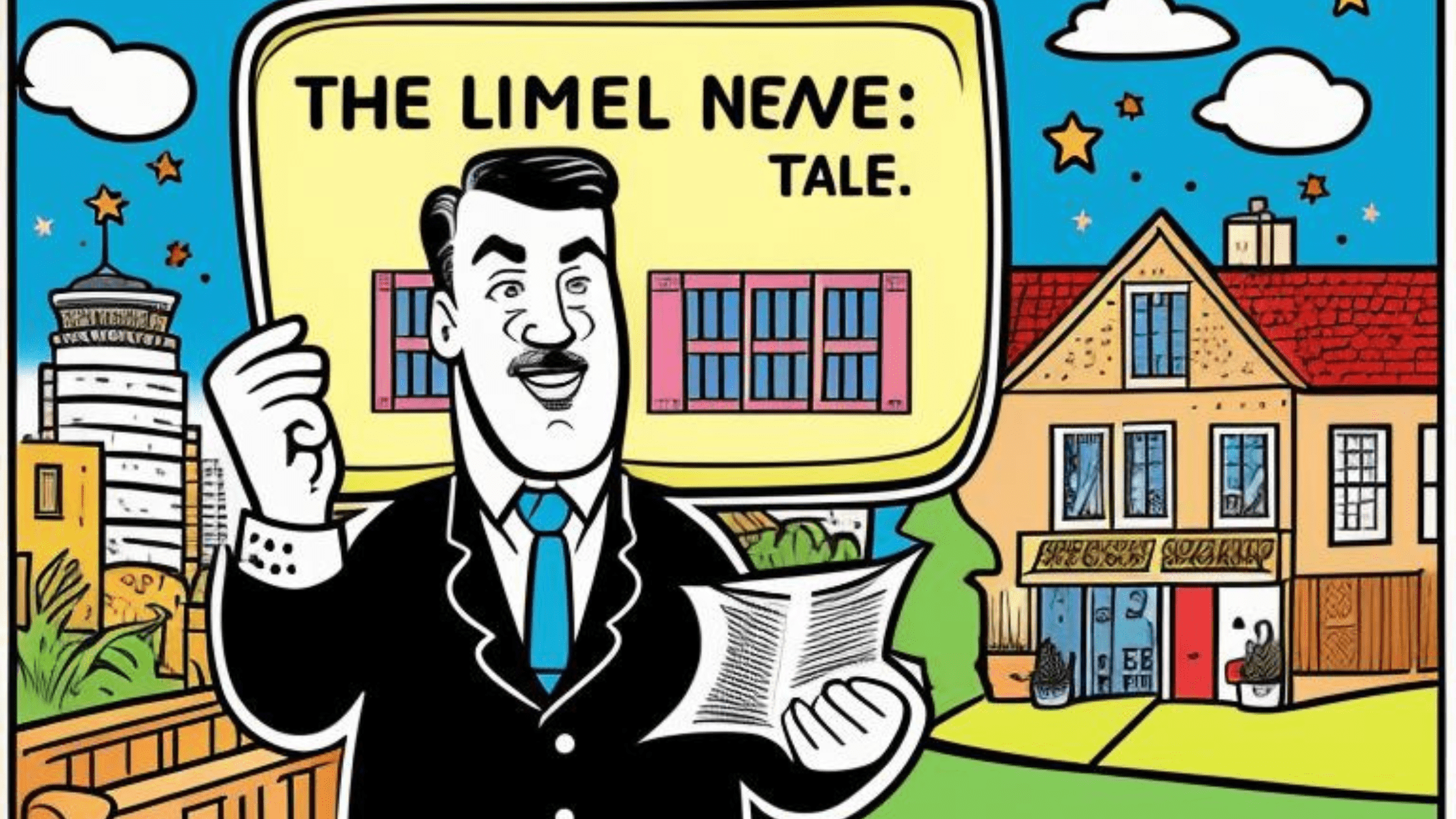Intro:
Humor in literature is like an invisible chef, expertly blending ingredients of absurdity, wit, and relatable situations to tickle our funny bones. But what happens when the author steps out from behind the kitchen curtain and comments on the humor they’ve crafted? Let’s delve into the fascinating world of authorial commentary on humorous stories and explore why it matters.
Check this out also Alice purchased a beautiful ring:A Story of Love, Loss, and Unexpected TreasureThe Tale Begins
- Unveiling the Intent: Understanding the Author’s Perspective
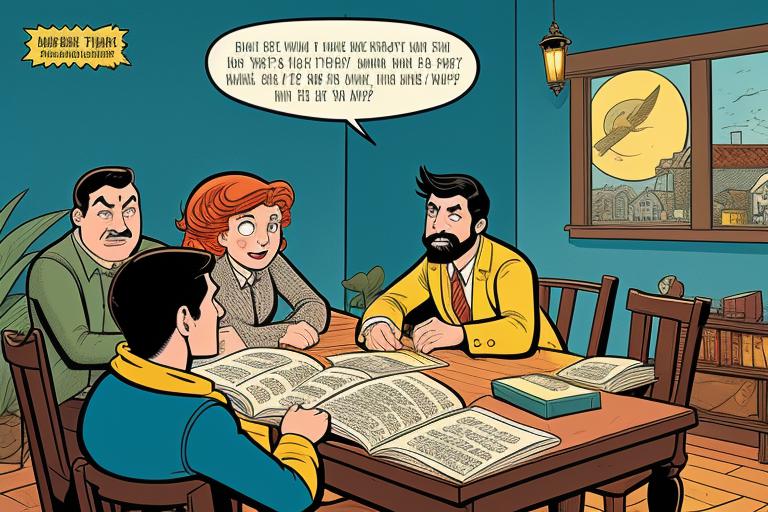
Authorial commentary on humor can be a treasure trove, offering insights into their creative process and the intended effect of the jokes. It can reveal whether they aimed for lighthearted amusement, sharp social satire, or something. For example, Mark Twain’s tongue-in-cheek remarks about the “little luncheon” in his story highlight the absurdity of social expectations and class divides.
- Beyond the Punchline: Decoding Deeper Meanings
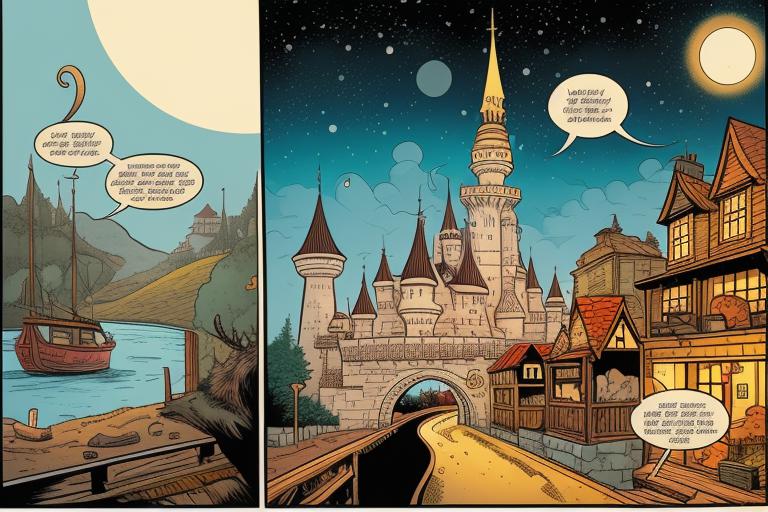
Sometimes, an author’s comments go beyond the surface-level humor and point toward deeper themes. They might draw attention to the irony in a situation, the universality of human foibles, or the importance of finding humor in the face of adversity. For instance, Charles Dickens’s playful observations in “A Christmas Carol” hint at the social critiques embedded within the narrative.
- Building a Bridge with the Reader: Shared Laughter and Connection
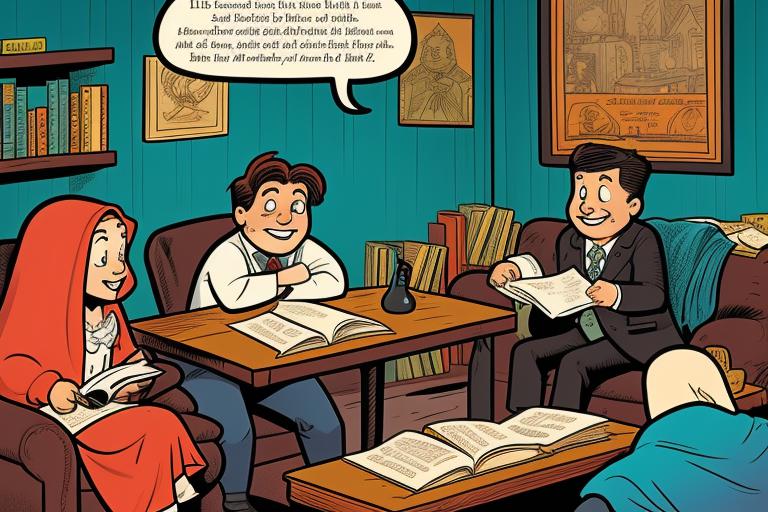
Authorial commentary on humor can act as a bridge between the writer and the reader. It acknowledges the shared experience of laughter, fostering a sense of connection and intimacy. For instance, J.K. Rowling’s playful asides in the Harry Potter series remind us that she’s just a storyteller sharing a laugh with her audience even amidst magical adventures.
- Contextualizing the Humor: Understanding Historical and Cultural Influences
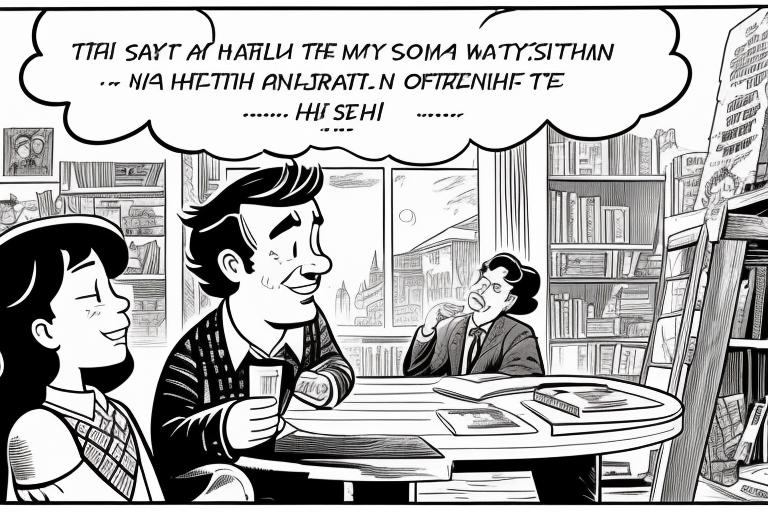
An author’s comments can provide valuable context for understanding the humor in their work. They might shed light on historical references, cultural nuances, or social norms that shaped the jokes. For example, understanding Oscar Wilde’s witticisms in “The Importance of Being Earnest” requires some knowledge of Victorian society and its obsession with social status.
- Going Beyond the Text: Exploring Intertextuality and Influences
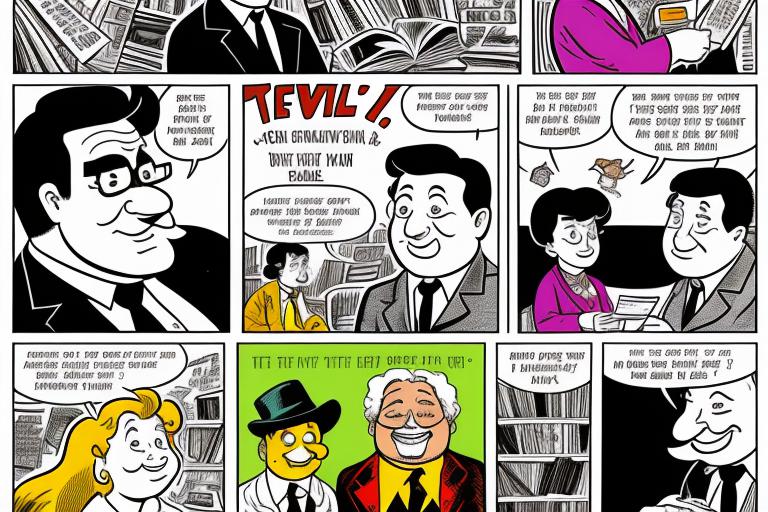
Authorial commentary on humor can also lead us down fascinating rabbit holes of literary influences and intertextual connections. An author might reference other works, literary traditions, or comedic styles, enriching our understanding of the humor in their creation. For instance, Neil Gaiman’s playful allusions to myths and legends add layers of humor and depth to his fantasy novels.
Conclusion:
By understanding and appreciating authorial commentary on humor, we gain a richer understanding of the literary craft and the power of laughter in storytelling. So, the next time you encounter a humorous story, take a moment to listen to what the author has to say about it. You might discover a hidden layer of meaning, a wink to literary history, or simply a shared moment of laughter that connects you to the writer and their creation.

